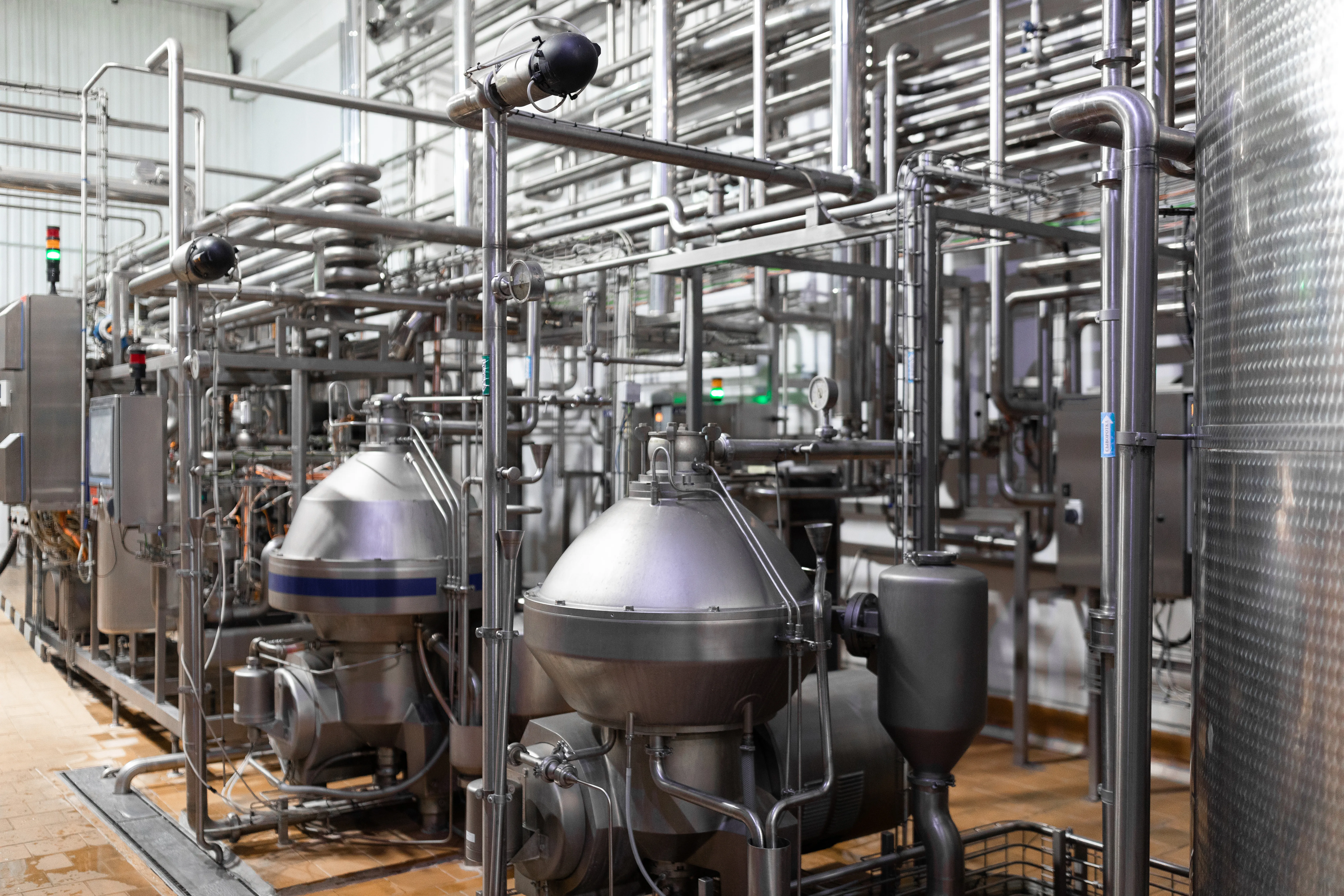Valve diaphragms are pivotal components in fluid control systems, especially within the food and beverage industry. These flexible membranes, usually made from materials such as rubber or plastic, serve to regulate the flow of fluids through pipelines and processes. Their ability to provide a durable and precise seal makes them crucial in environments that handle corrosive, abrasive, or viscous fluids.
Understanding Valve Diaphragms
A valve diaphragm operates by being deformed under pressure or vacuum, which allows it to open or close a valve. In diaphragm valves, the diaphragm is linked to a valve stem; it moves up to open and down to close the valve, controlling fluid flow. This functionality is particularly valuable in applications requiring meticulous control, such as in food processing where consistent quality is key.
Applications in Food and Beverage Processing
- Dairy Products: Valve diaphragms play a significant role in the pasteurization and homogenization of milk, cream, and cheese, areas demanding high precision in flow control.
- Beverages: In the production of juices, soft drinks, and alcoholic beverages, valve diaphragms ensure the precise blending of ingredients, which is crucial for flavor and consistency.
- Sauces and Condiments: The manufacturing of ketchup, mustard, and mayonnaise benefits from valve diaphragms that offer exact control over flow and mixing processes.
- Meat and Poultry: Used in processing systems for products like ground beef and chicken nuggets, valve diaphragms withstand high pressure and temperatures effectively.
Market Trends and Future Demand
The market for valve diaphragms is expanding, driven by the need for reliable valve solutions across diverse industries. Key trends include:
- Rising Demand in Food and Beverage: With an increase in processed food consumption, the need for valve diaphragms in this sector is on the rise.
- Growth in Pharmaceutical and Biotechnology Industries: These industries require precise flow control in drug manufacturing, boosting the demand for valve diaphragms.
- Automation and Digitization: As industries incorporate automation, there is a growing reliance on valve diaphragms for effective and safe fluid handling in complex systems.
- Customization Needs: The demand for tailored valve diaphragm solutions is increasing as industries seek to address specific process requirements.
Conclusion
Valve diaphragms are integral to modern fluid processing, offering precise flow control essential for the food and beverage industry. As demand continues to grow, these components will remain vital to the development of efficient and customized fluid control solutions. Businesses looking to enhance their food processing capabilities would benefit from consulting with a food industry consultant or exploring food factory design projects to optimize their operations.
 PMG stands for Projects Management Group. We provide state-of-the-art Engineering Services to build world-class food processing factories.
PMG stands for Projects Management Group. We provide state-of-the-art Engineering Services to build world-class food processing factories.  Engineering is the difference between Chaos and Excellence. If you are going to do it, do it right.
Engineering is the difference between Chaos and Excellence. If you are going to do it, do it right.  Explore the diverse range of Products in the Food Processing Industry.
Explore the diverse range of Products in the Food Processing Industry.  Explore the technologies at the heart of the the Food Processing Industry.
Explore the technologies at the heart of the the Food Processing Industry. 


 Back
Back 



